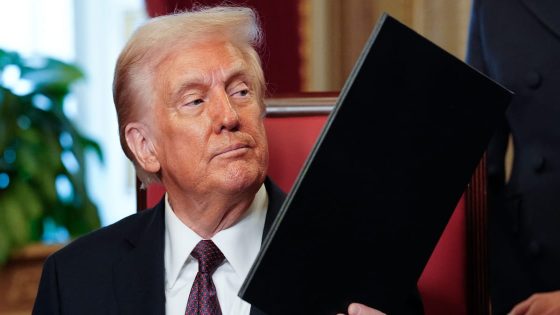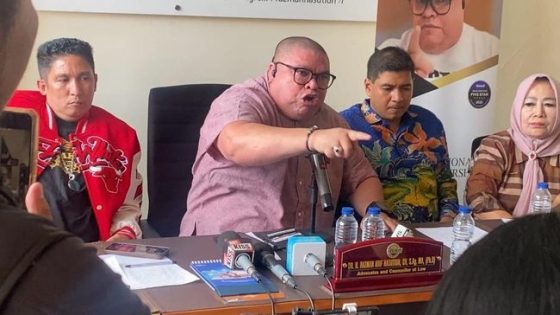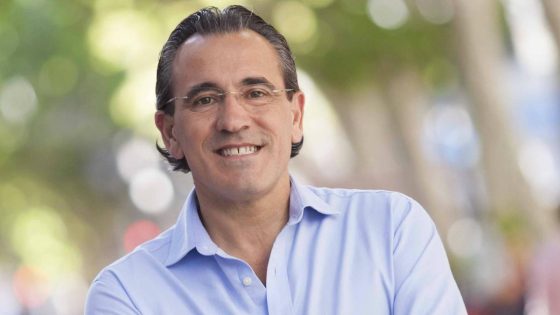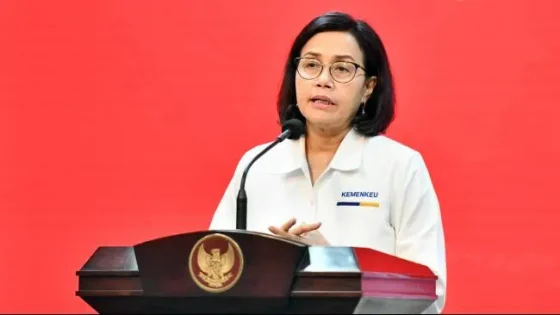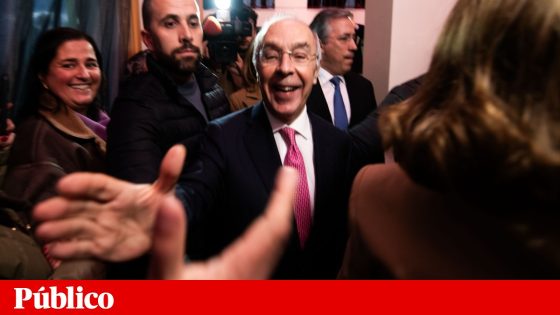On January 25, 2025, U.S. President Donald Trump suggested he might reconsider the decision to withdraw from the World Health Organization (WHO). This statement came shortly after he signed an executive order indicating America‘s intention to leave the global health agency, citing dissatisfaction with its handling of the COVID-19 pandemic.
- Trump may consider rejoining the WHO.
- U.S. pays more than China to WHO.
- Executive order signed to leave WHO.
- Exit ordered due to pandemic mishandling.
- Second attempt at withdrawing from WHO.
During a rally in Las Vegas, Trump expressed concerns about U.S. financial contributions to the WHO compared to those of China. He stated, “Maybe we would consider doing it again,” while emphasizing that any future involvement would require changes.
The context for Trump’s remarks stems from ongoing criticism of international organizations during his presidency. The WHO has faced scrutiny over its response to various health emergencies, particularly regarding transparency and effectiveness during the COVID-19 pandemic. Trump’s administration previously attempted to withdraw from the organization in 2020 but faced legal and political challenges.
Key points surrounding this issue include:
- The U.S. is one of the largest contributors to WHO funding.
- China’s population is significantly larger than that of the U.S., yet Trump highlighted perceived inequities in funding responsibilities.
- This marks Trump’s second attempt at withdrawing from WHO since taking office.
Trump’s latest statements reflect a potential shift in strategy as he navigates public opinion and international relations. The implications of rejoining or altering participation in WHO could influence global health policies and America’s role within them significantly.
This development highlights ongoing tensions between national interests and international cooperation in public health matters. As Trump considers his options regarding WHO membership, it will be critical to observe how this affects both domestic policy and international relations moving forward.



